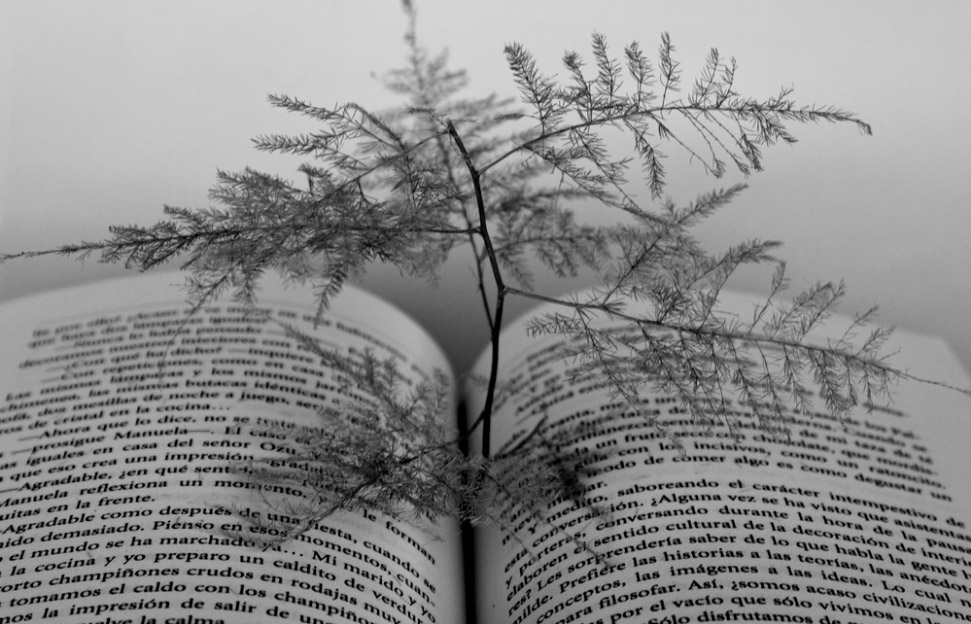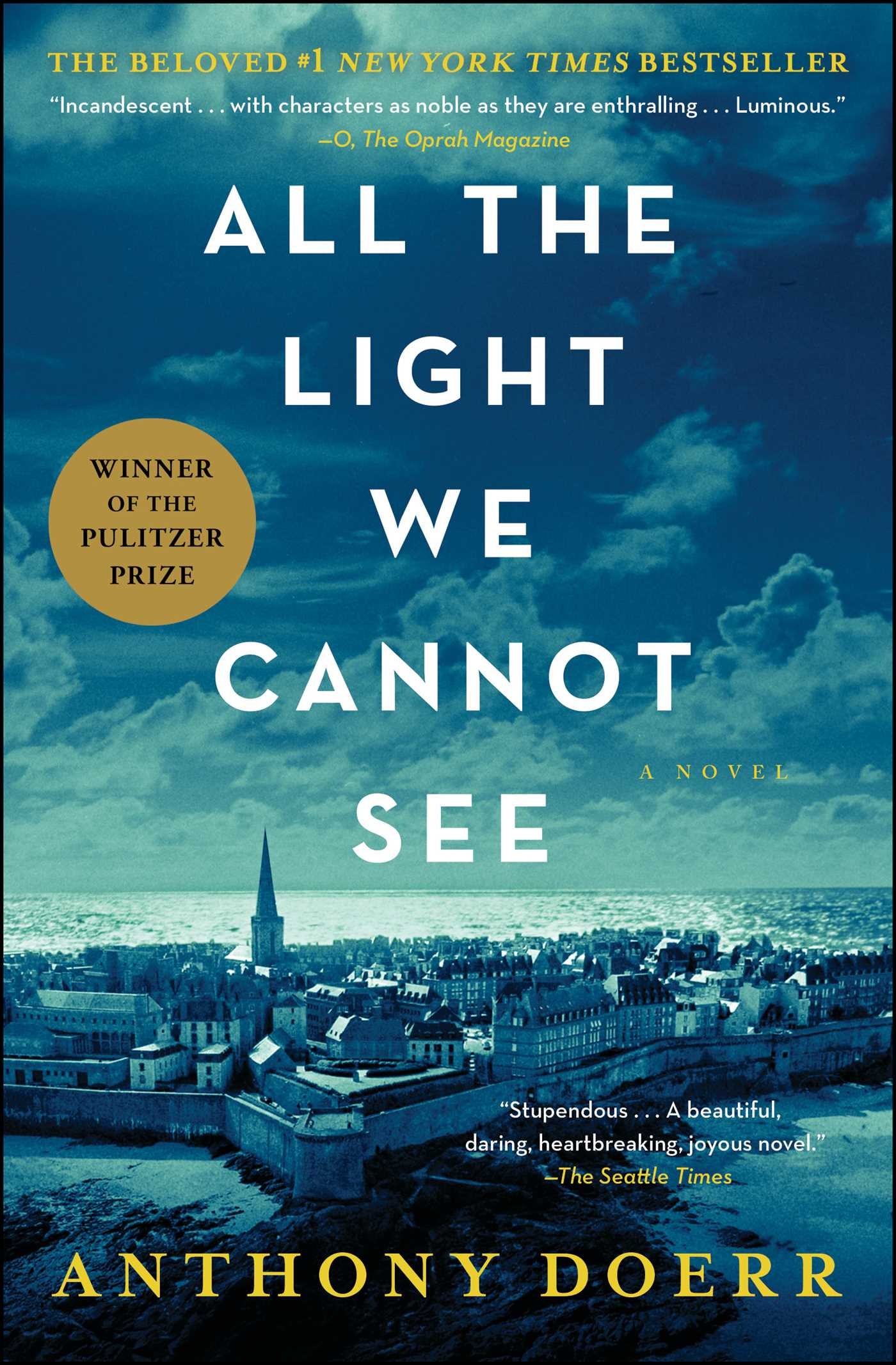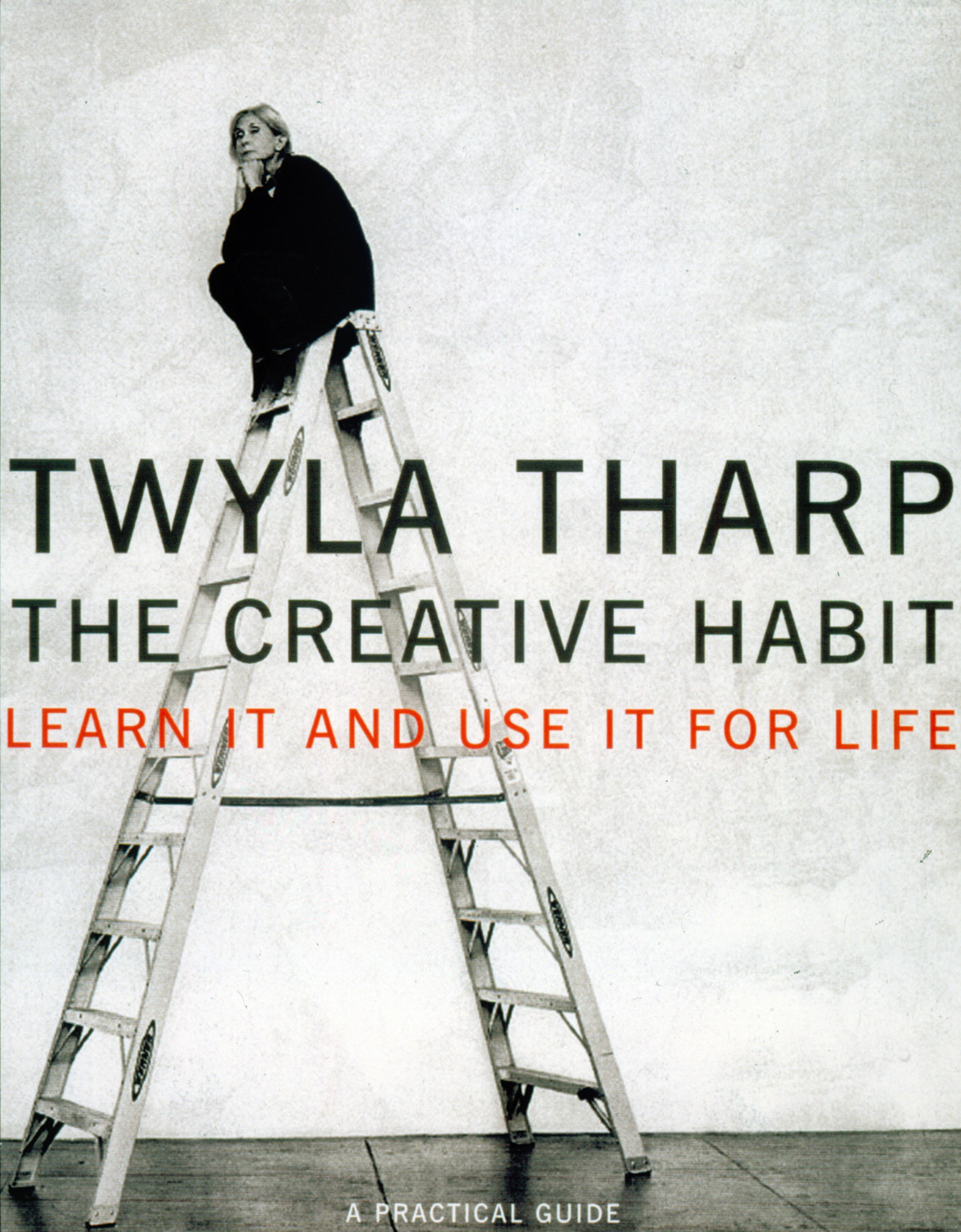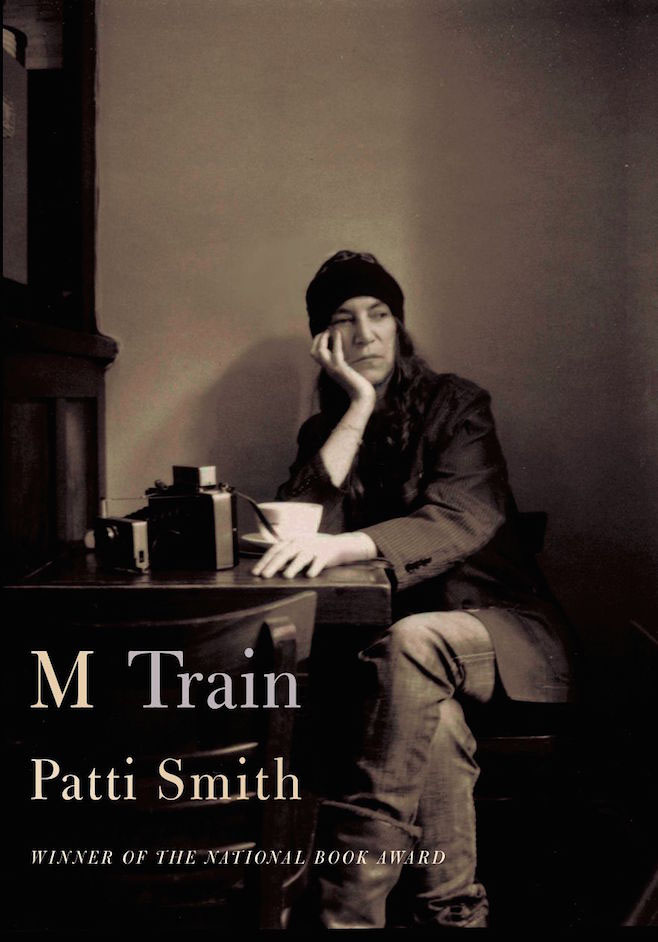We rely on fiction to take our mind off the many things, and can find ourselves at sea when we finish a book without another to start. We find ourselves scanning our shelves for something we might reread, but are often hard-pressed to re-read an entire book.
We’ve been trying out Patti Smith’s great technique for rereading “masterpieces”. We found it in the New York Times column By the Book.
If I can’t figure out what to read, sometimes I stand before my shelves and feel which book is calling for me. I have a special technique for rereading masterpieces like “Frankenstein” or “The Glass Bead Game.” I keep the book by my bed and open it at random and read from there. I do that from a new spot for several nights until I feel I have experienced the book three-dimensionally, cubistically, from several angles.
We apply Smith’s technique to the books that fit our personal idea of “masterpiece”. Opening a book at random and reading from there is like splashing into a sea. We experience a vivid moment, knitting it into our memory of the plot, or not. Hunks of books can make great reading onto themselves.

Smith’s practice reminds us our column Opened at Random, in which we open a book at random and publish what we find. Here are some beauties we’ve found, at random:
From Hold Still by Sally Mann:
As for me, I see both the beauty and the dark side of things; the loveliness of cornfields and full sails, but the ruin as well. And I see these at the same time, at once ecstatic at the beauty of things, and chary of that ecstasy. The Japanese have a phrase for this dual perception: mono no aware. It means “beauty tinged with sadness,” for there cannot be any real beauty without the indolic whiff of decay. For me, living is the same thing as dying, and loving is the same thing as losing, and this does not make me a madwoman; I believe it can make me better at living, and better at loving, and just possibly, better at seeing.

…from The Mountain Poems of Stonehouse:
What’s gone is already gone
and what hasn’t come needs no thought
right now I’m writing a right-now line
plums are ripe and gardenias in bloom

…from All the Light We Cannot See by Anthony Doerr
The brain is locked in total darkness, of course….It floats in a clear liquid inside the skull, never in the light. It brims with color and movement. So how, children, does the brain, which lives without a spark of light, build for us a world full of light?
…
Consider a single piece of glowing in your family’s stove. That chunk of coal was once a green plant, a fern or reed that lived, one million years ago, or maybe two million, or maybe one hundred million. Can you imagine one hundred million years? Every summer for the whole life of that plant, its leaves caught what light they could and transformed the sun’s energy into itself. Into bark, twigs, stems. Because plants eat light, in much the way we eat food. But then the plant died and fell, probably into water, and decayed into peat, and the peat was folded inside the earth for years upon years — eons in which something like a month or a decade or even your whole life was just a puff of air, a snap of two fingers. And eventually, the peat dried and became like stone, and someone dug it up, and the coal man brought it to your house, and maybe you yourself carried it to the stove, and now that sunlight —sunlight one hundred million years old — is heating your home tonight…
Open your eyes and see what you can with them before they close forever.

…from The Creative Habit, Learn It and Use It for Life by Twyla Tharp at random, to this:
How to Be Lucky
Be generous.
I don’t use that word lightly. Generosity is luck going in the opposite direction, away from you. If you’re generous to someone, if you do something to help him out, you are in effect making him lucky. This is important. It’s like inviting yourself into a community of good fortune…
…I cannot overstate how much a generous spirit contributes to good luck. Look at the luckiest people around you, the ones you envy, the ones who seem to have destiny falling habitually into their laps. What are they doing that singles them out? It isn’t dumb luck if it happens repeatedly. If they’re anything like the fortunate people I know, they’re prepared, they’re always working at their craft, they’re alert, they involve their friends in their work, and they tend to make others feel lucky to be around them.

…The Enlightened Heart: An Anthology of Sacred Poetry:
Dickinson, Emily (1830-1886), American Poet. She lived most of her life in her father’s house in Amherst, eventually becoming a recluse and dressing only in white. The extent of her work wasn’t discovered until after her death, when her sister found a small box containing 900 poems collected in packets (gathering four, five, or six sheets of folded stationery loosely held together by thread looped through them in the spine, at two point equidistant from the top and bottom). The total eventually came to 1,775…
Her definition of a true poem:
“If I feel physically as if the top of my head were taken off, I know that is poetry.”

At top, Cover of M Train by Patti Smith. Book tree photo by the great Gigi de la Torre.




